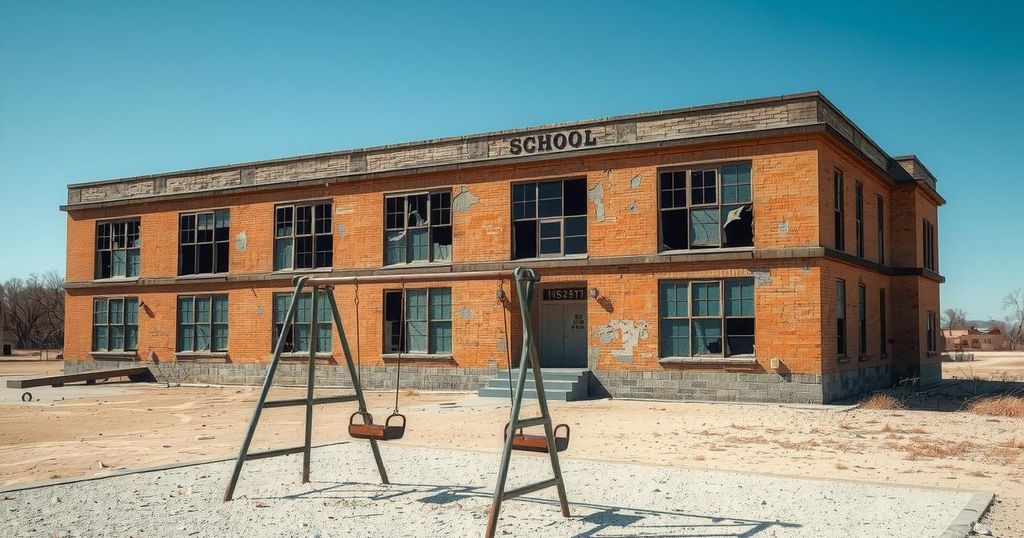Omoyele Sowore criticizes northern Nigerian leaders for closing schools during Ramadan while sending their own children to elite institutions using public funds. He contends that such decisions further marginalize disadvantaged children already facing educational barriers. Minister of State for Education, Suwaiba Ahmad, also condemns the closures, stating they are unnecessary. Critics argue that these actions are discriminatory, complicating the already critical educational landscape in the region.
In a critical stance on the decision made by the leaders from Bauchi, Katsina, Kebbi, and Kano states to shutter schools during Ramadan, human rights activist Omoyele Sowore has voiced his concerns. He argues that these leaders, who promote such closures, do not experience their adverse effects, as they often enroll their children in elite education institutions, both domestically and internationally, funded by public resources intended for underprivileged schools.
Sowore labeled these officials as “irresponsible and wicked,” insisting that while their children enjoy high-quality education, the children of low-income families are deprived of necessary schooling. His comments came after Nigeria’s Minister of State for Education, Suwaiba Ahmad, criticized the school closures, asserting that there is no directive mandating schools to close for Ramadan—citing that even in predominantly Muslim nations like Saudi Arabia, education remains uninterrupted during fasting.
Continuing his critique, Sowore, through his verified X account, described the decision as ill-informed. He highlighted that the leaders responsible for these closures do not have children attending the underfunded public schools impacted by these actions. Furthermore, he condemned the decision as detrimental to northern children, pointing out that the region already grapples with elevated illiteracy rates, as reported by the National Bureau of Statistics (NBS).
Sowore’s earlier remarks branded the actions of northern governors as “ignorant” and “idiotic,” questioning the rationale behind allowing religious practices to interrupt education in a secular state. He emphasized that nations such as Saudi Arabia maintain open schools during Ramadan, contrasting their governance with that of the Nigerian states involved. In his vision for Nigeria’s future leadership, Sowore vowed to prevent any imposition of religious policies on educational governance.
This controversy has drawn additional criticism, with numerous education advocates highlighting its discriminatory nature and negative implications for educational access in the northern region. Despite the backlash, the Katsina State government has reaffirmed its decision to close schools, extending the lockdown to private institutions and threatening punitive measures for non-compliance.
In conclusion, Omoyele Sowore has raised significant concerns about the closure of schools in northern Nigeria during Ramadan, criticizing local leaders for prioritizing their interests over those of economically disadvantaged children. His statements underscore the need for equitable education policies and highlight the adverse effects of prioritizing religious observances over educational needs. The dialogue surrounding this issue reveals deeper societal challenges that require urgent attention to ensure all children have access to education regardless of their socioeconomic status.
Original Source: saharareporters.com




